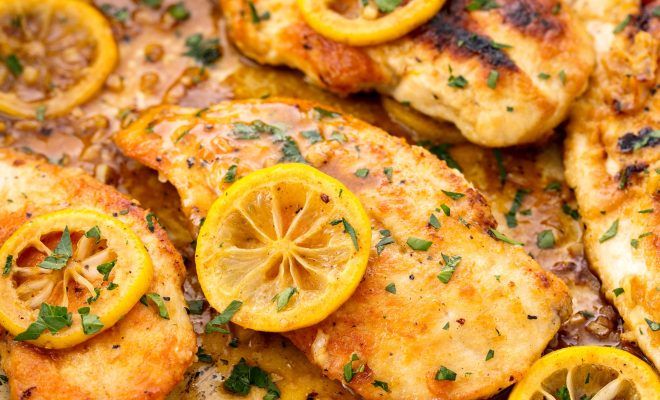7 Best Potatoes For Mashed Potatoes And The Ones You Should Avoid

When it comes to making the perfect mashed potatoes, choosing the right type of potato is key. Not all potatoes are created equal, and some are simply better suited for mashing than others. Here are seven of the best potatoes for creating that creamy, fluffy texture we all love in mashed potatoes, as well as a few you might want to avoid.
Best Potatoes for Mashed Potatoes:
1.Russet Potatoes– Often referred to as “Idaho potatoes,” russets have a high starch content and a mealy texture, making them ideal for mashing. When cooked, they become light and fluffy, perfect for absorbing milk and butter.
2.Yukon Gold Potatoes –These are a great all-around choice with a slightly waxy texture and a naturally buttery flavor. Yukon Golds have a medium starch content, which ensures your mashed potatoes will be smooth and velvety without becoming too dense.
3.Maris Piper– Popular in the United Kingdom, Maris Piper potatoes have a high starch content and are valued for their creamy texture when mashed. They hold their shape well during cooking and blend beautifully with cream and butter.
4.King Edward –Another variety from across the pond, King Edwards have a light, floury texture that lends itself well to mashing. They have been a staple in British kitchens for over a century.
5.Kennebec –Although less common, Kennebecs make excellent mashed potatoes due to their rich flavor and good balance of starch and moisture.
6.Red-skinned Potatoes –While not as starchy as russets or Yukon Golds, red-skinned potatoes can still make for delightful mashed potatoes if handled correctly. Their waxy texture means they need to be thoroughly mashed to avoid gumminess.
7.Desiree –These red-skinned potatoes are slightly more floury than other red varieties, which works well for mashing. They’re also known for their ability to absorb flavors beautifully, making your dish even more delectable.
Potatoes To Avoid For Mashed Potatoes:
While most potatoes can be used for mashing to some degree, there are some types better suited for other dishes:
1.Small New Potatoes –New potatoes are very waxy with high moisture content and often don’t mash well, resulting in a gummy or gluey consistency.
2.Fingerling Potatoes –Though they’re delicious roasted or boiled due to their thin skin and firm flesh, fingerlings aren’t ideal for mashing since they tend to become dense rather than fluffy.
By choosing one of the seven recommended varieties above and avoiding the less suitable types, your next batch of mashed potatoes is sure to be a hit at any dinner table!






